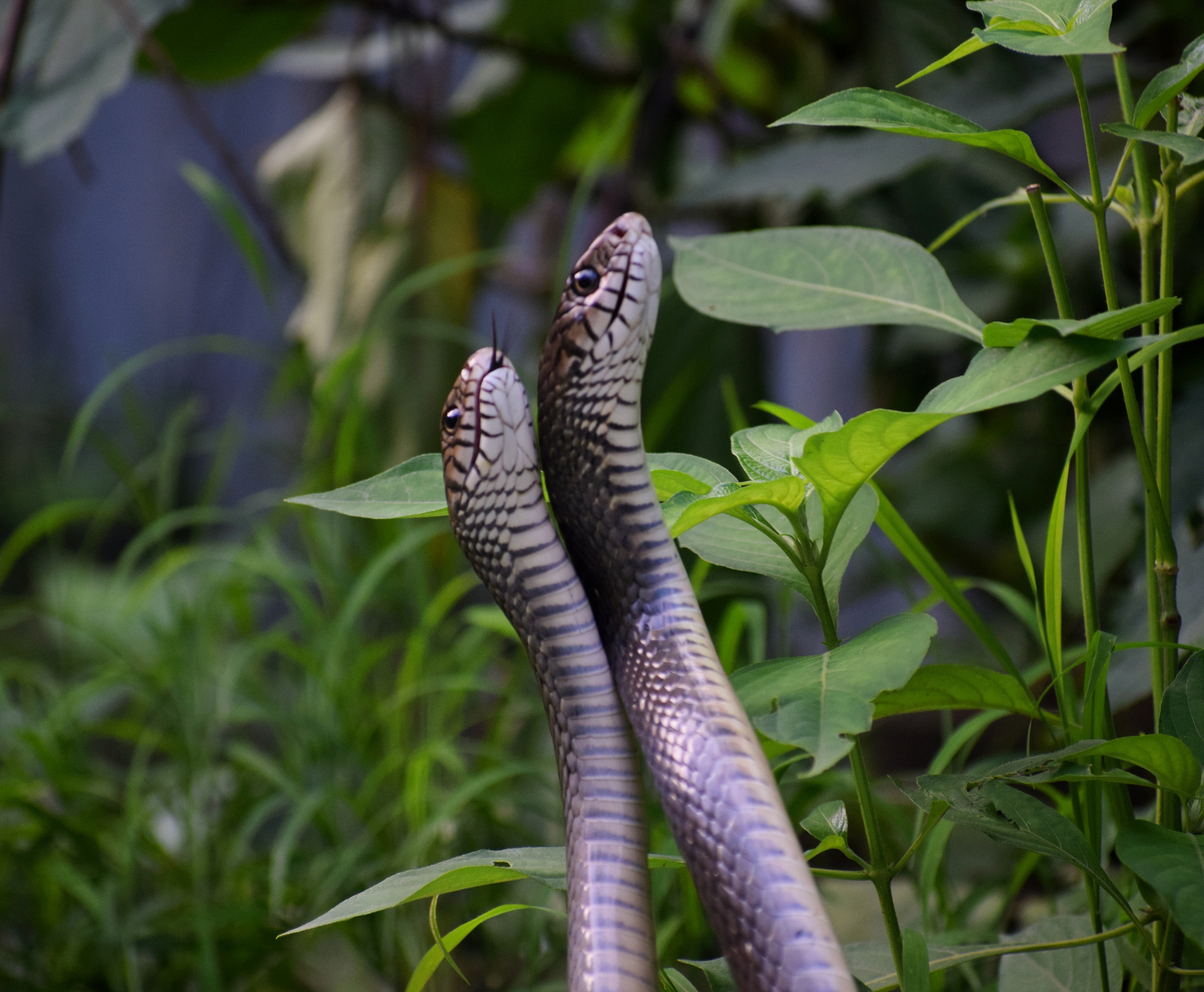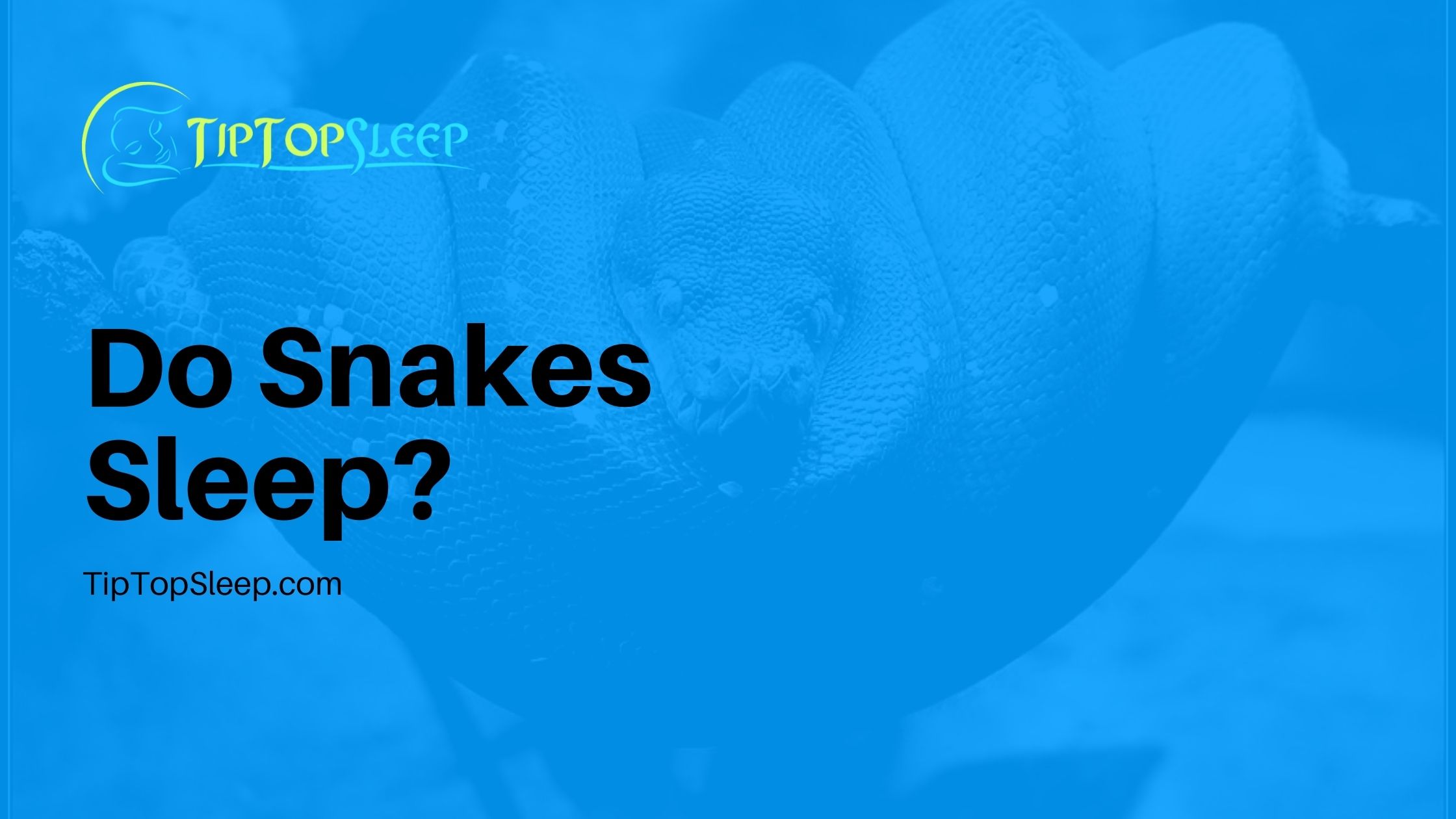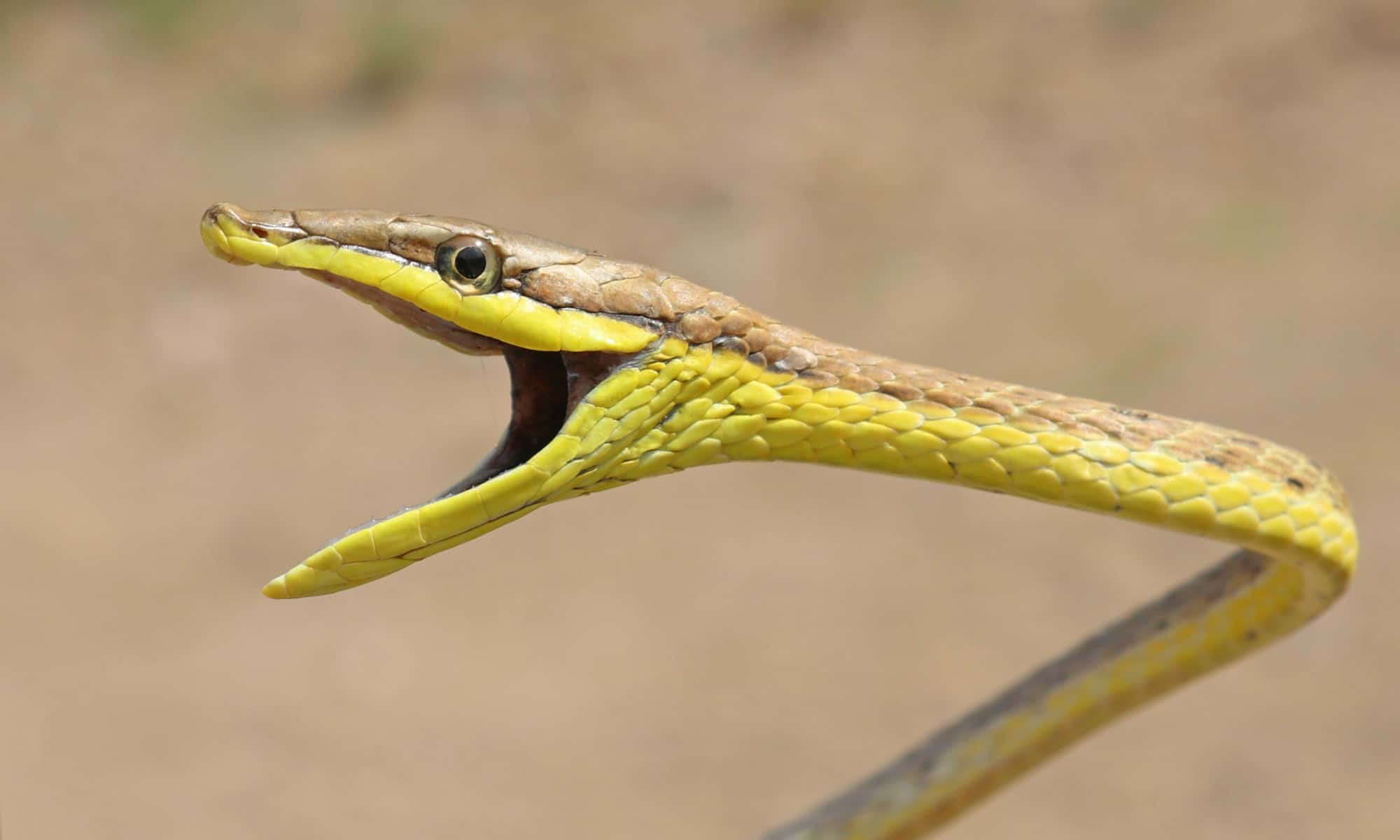Ever wondered if snakes actually sleep? You're not alone, mate. Many people are curious about these slithering creatures and how they function in the wild. Snakes are fascinating animals, but their resting habits have always been shrouded in mystery. So, let's dive into the world of snakes and uncover the truth about their sleep patterns. Ready to get the scoop?
When we think about sleep, we often picture closing our eyes and drifting off into dreamland. But for snakes, it’s a whole different story, ya know? They don’t have eyelids, so they can’t close their eyes like we do. Instead, they enter a state of rest that’s more subtle and less obvious. This makes it tricky to tell when they’re actually sleeping. But don’t worry, we’ll break it down for you in this article.
Understanding how snakes sleep is important, especially if you're into reptiles or considering keeping one as a pet. Knowing their habits can help you provide the best care possible. So, buckle up and let’s explore the intriguing world of snake sleep together!
- Hamza Rapper Height Unveiling The Real Story Behind The Hype
- Ragnar Fredriksson The Untold Story Of A Gaming Icon
What Does Sleep Mean for Snakes?
First things first, what exactly does sleep mean for snakes? Well, it’s not like humans or other mammals, where we close our eyes and enter a deep state of unconsciousness. Snakes don’t have eyelids, so they can’t physically close their eyes. Instead, they enter a state of reduced activity and lowered awareness. It’s kinda like a power-saving mode for their bodies.
Scientists believe that snakes experience periods of rest where their brain activity slows down. This allows them to conserve energy and recover from their daily activities. Think about it—snakes spend a lot of time hunting, moving, and digesting food. They need some downtime just like we do!
How Do Snakes Rest Without Eyelids?
Now, here’s the fun part: how do snakes rest without eyelids? They have a transparent scale called a spectacle that covers their eyes. This scale protects their eyes and keeps them from drying out. When a snake is resting, its spectacle might become slightly opaque, giving the impression that it’s sleeping. Cool, right?
- Erome Jellybean The Ultimate Guide To Understanding The Phenomenon
- How Can I Access My Raspberry Pi Anywhere Without Breaking A Sweat
Also, snakes are ectothermic, which means they rely on external sources of heat to regulate their body temperature. This affects their sleep patterns too. If it’s too cold, they might enter a state called brumation, which is like a lighter version of hibernation. During brumation, their metabolism slows down, and they become less active.
Do Snakes Sleep at Night or Day?
Snakes don’t really follow a strict day-night schedule like humans do. Some species are nocturnal, meaning they’re more active at night, while others are diurnal, meaning they’re active during the day. It all depends on the species and their natural habitat.
For example, desert-dwelling snakes might be more active at night to avoid the scorching heat of the day. On the other hand, snakes living in cooler climates might be more active during the day to soak up some sun and warm their bodies. So, when do snakes sleep? It really depends on their environment and lifestyle.
Factors Influencing Snake Sleep Patterns
Several factors influence a snake’s sleep patterns. Here are a few key ones:
- Temperature: As ectothermic animals, snakes rely on external heat sources to regulate their body temperature. If it’s too cold, they might enter brumation.
- Habitat: Snakes living in different environments have adapted to different sleep schedules. For instance, arboreal snakes might rest in tree branches, while burrowing snakes might rest underground.
- Activity Level: Snakes that are more active during the day might rest at night, and vice versa.
How Long Do Snakes Sleep?
Now, let’s talk about duration. How long do snakes sleep? Unlike humans, who typically sleep for 6-8 hours a night, snakes don’t have a set sleep schedule. They might rest for short periods throughout the day or night, depending on their needs.
Some studies suggest that snakes can enter a state of rest for up to 16 hours a day. But again, this varies by species and environment. For example, a snake in captivity might sleep more than a wild snake because it doesn’t have to worry about hunting for food or avoiding predators.
Do Snakes Dream?
Now, here’s a question that might blow your mind: do snakes dream? While we don’t have definitive proof, some scientists believe that snakes might experience something similar to REM sleep, which is the stage of sleep where dreaming occurs in humans.
During REM sleep, brain activity increases, and the body experiences muscle relaxation. Some researchers have observed similar patterns in snakes, suggesting that they might dream. But what do they dream about? That’s still a mystery!
Snake Sleep Patterns in the Wild vs. Captivity
Snakes in the wild and in captivity have different sleep patterns. In the wild, snakes have to be more alert and vigilant. They need to constantly watch out for predators and search for food, so their rest periods might be shorter and more sporadic.
On the other hand, snakes in captivity have a more stable environment. They don’t have to worry about predators or finding food, so they might sleep for longer periods. This can lead to differences in their sleep patterns compared to their wild counterparts.
Adaptations for Sleep in Different Environments
Snakes have adapted to their environments in various ways to optimize their sleep. For example:
- Water snakes might rest on floating logs or underwater.
- Burrowing snakes might rest in underground dens.
- Arboreal snakes might rest in tree branches.
These adaptations help snakes conserve energy and stay safe while they rest.
Do All Snakes Sleep the Same Way?
Nope, not all snakes sleep the same way. Different species have different sleep patterns based on their physiology and environment. For example:
- Constrictors: These snakes might sleep more after a big meal because they need time to digest their food.
- Venomous Snakes: These snakes might sleep less because they need to be more alert to avoid predators.
- Non-Venomous Snakes: These snakes might sleep more because they don’t have to worry about defending themselves with venom.
So, as you can see, sleep patterns vary widely among different snake species.
Unique Sleep Habits of Different Snake Species
Let’s take a closer look at some unique sleep habits of different snake species:
- King Cobra: Known for their aggression, king cobras might sleep less to stay alert and protect their territory.
- Ball Python: These gentle snakes are known for their calm demeanor and might sleep for longer periods, especially in captivity.
- Boa Constrictor: After a big meal, boa constrictors might enter a state of deep rest to aid digestion.
How Can You Tell if a Snake is Sleeping?
Since snakes don’t close their eyes, it can be tricky to tell if they’re sleeping. But there are some signs to look out for:
- Inactivity: If a snake is lying still for a long period, it might be sleeping.
- Opaque Spectacle: If the snake’s spectacle becomes slightly opaque, it might be resting.
- Reduced Awareness: If the snake doesn’t respond to stimuli, it might be in a state of rest.
Keep in mind that these signs aren’t foolproof, so it’s always best to observe the snake’s behavior over time to determine its sleep patterns.
Common Misconceptions About Snake Sleep
There are a few misconceptions about snake sleep that we need to clear up:
- Snakes Don’t Sleep: Wrong! Snakes do sleep, but in a different way than humans.
- Snakes Sleep with Their Eyes Open: Technically true, but they have spectacles that protect their eyes.
- All Snakes Sleep the Same Way: Nope, different species have different sleep patterns.
Why Understanding Snake Sleep is Important
Understanding how snakes sleep is important for several reasons. First, it helps us appreciate these amazing creatures and their unique adaptations. Second, if you’re a snake owner, knowing their sleep patterns can help you provide the best care possible. Lastly, studying snake sleep can give us insights into how other animals rest and recover.
So, the next time you see a snake lying still, don’t assume it’s just being lazy. It might be in a state of rest, conserving energy for its next hunt or adventure.
Conservation Implications of Snake Sleep
Understanding snake sleep can also have implications for conservation efforts. By studying their sleep patterns, we can better understand their behavior and needs. This knowledge can help us create better habitats and protect these incredible animals in the wild.
Conclusion: Do Snakes Sleep?
So, do snakes sleep? The answer is a resounding yes! While their sleep patterns might differ from ours, snakes do enter a state of rest to conserve energy and recover from their daily activities. Whether they’re basking in the sun, hiding in a burrow, or floating in water, snakes have adapted to their environments in amazing ways.
Now that you know more about snake sleep, why not share this article with your friends and family? Or, if you’re a snake enthusiast, leave a comment and let us know what you think. Together, we can continue to unravel the mysteries of these fascinating creatures!
Table of Contents
- What Does Sleep Mean for Snakes?
- How Do Snakes Rest Without Eyelids?
- Do Snakes Sleep at Night or Day?
- How Long Do Snakes Sleep?
- Snake Sleep Patterns in the Wild vs. Captivity
- Do All Snakes Sleep the Same Way?
- How Can You Tell if a Snake is Sleeping?
- Why Understanding Snake Sleep is Important
- Conservation Implications of Snake Sleep
- Conclusion: Do Snakes Sleep?



Detail Author:
- Name : Cole Kassulke
- Username : ehauck
- Email : hahn.melisa@jast.com
- Birthdate : 1997-03-22
- Address : 7016 America Union Apt. 272 Sarinaberg, AK 92491-0747
- Phone : (712) 495-8262
- Company : Schiller Ltd
- Job : Computer
- Bio : Asperiores qui blanditiis aut doloribus impedit magnam necessitatibus eius. Quibusdam facere cum deleniti id possimus corporis. Nemo dolorum repellat placeat. Fugiat non consequatur alias cum.
Socials
tiktok:
- url : https://tiktok.com/@mariekihn
- username : mariekihn
- bio : Commodi dignissimos illum nostrum necessitatibus illo enim cum.
- followers : 6011
- following : 40
linkedin:
- url : https://linkedin.com/in/kihn2000
- username : kihn2000
- bio : Quidem ut nam nesciunt quos.
- followers : 3058
- following : 1989
facebook:
- url : https://facebook.com/marie_dev
- username : marie_dev
- bio : Perferendis magni porro dicta aspernatur.
- followers : 5557
- following : 1636
twitter:
- url : https://twitter.com/mariekihn
- username : mariekihn
- bio : Eum sapiente eos est maiores tempore. Ratione dicta aut dolorem sint non. Doloribus veritatis veniam similique aut tempora. Et quidem blanditiis modi.
- followers : 6086
- following : 1467
instagram:
- url : https://instagram.com/marie7940
- username : marie7940
- bio : Ea nihil doloribus dolore. Dolorem hic cupiditate qui vero voluptas ut.
- followers : 2238
- following : 2722